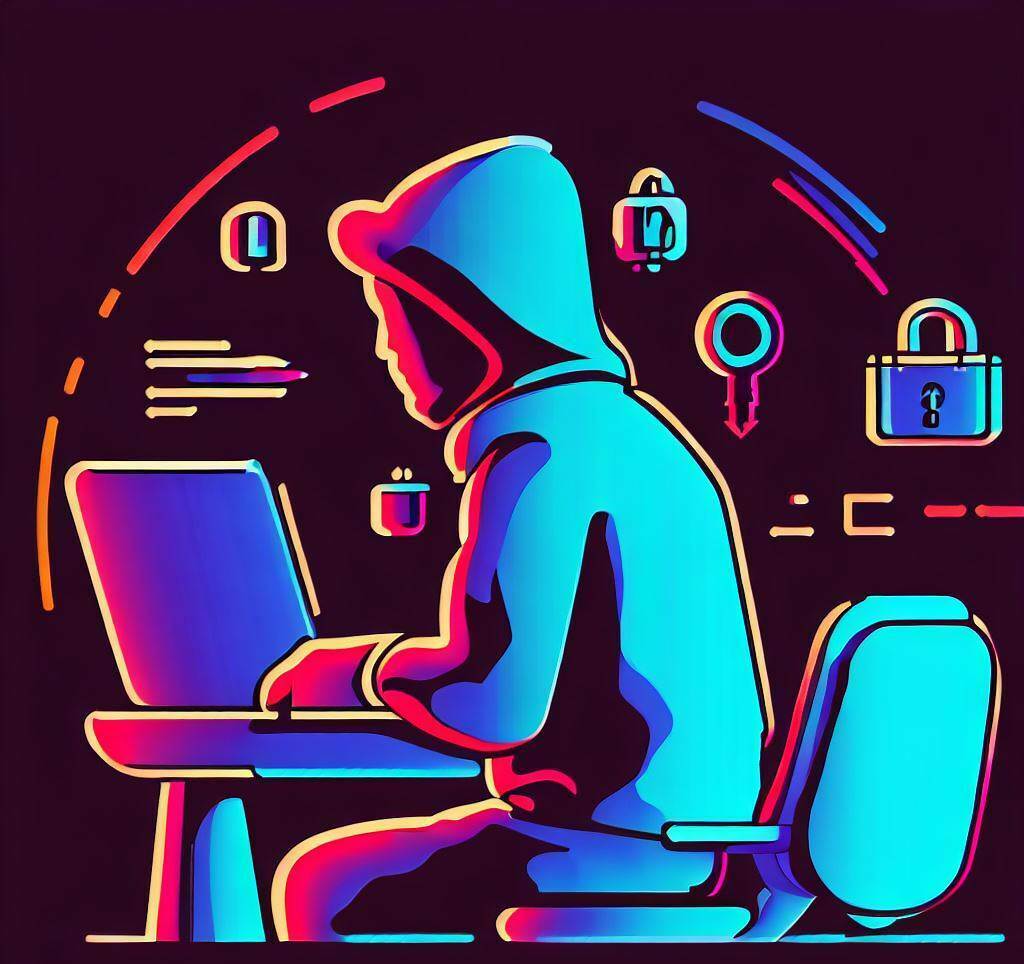Remote work is rapidly becoming a popular practice around the world, with companies allowing a significant part of their employees to work remotely. However, while this practice increases flexibility, productivity, and work-life balance, there are potential security risks that come with remote work.
In this new remote-working landscape created by the COVID-19 pandemic, cybersecurity became an even greater concern for businesses everywhere.
By unknowingly following cybersecurity worst practices, employees can actually be the ones giving threat actors access to your network and your company’s private information. When company operations suddenly or temporarily change to remote work, employees can become confused about how to continue working securely. Remote workers can become the biggest threat to your network’s security, putting your company’s data at risk.
Let’s take a close look at some of the most common remote working security risks companies face:
Weaker security controls
Multiple existing layers of cyber protection will not apply to remote employees. Remote work involves some system access, network traffic, and data that is moved outside the conventional perimeters of the enterprise technology environment. In general, organizations are unable to extend monitoring to all endpoints and across all networks that are now enabling remote work environments.
Cyberattacks on remote-working infrastructure
As remote work becomes more prevalent, the infrastructure supporting it becomes a prime target for cyberattacks. Security teams need to be vigilant and proactive in defending against these threats. Brute force attacks, where attackers attempt to gain unauthorized access by systematically guessing passwords or encryption keys, pose a significant risk. Additionally, server-side attacks targeting vulnerabilities in remote-working applications or systems can result in data breaches or system compromise. Implementing strong security measures such as multi-factor authentication, regular system updates, and intrusion detection systems is crucial. Additionally, Distributed Denial of Service (DDoS) protection becomes essential to ensure that remote-working infrastructure remains available and resilient in the face of potential DDoS attacks aimed at disrupting services.
A DDoS attack is when a large number of compromised computers flood a target with excessive traffic, overwhelming its resources and causing disruption or downtime.
The goal is to disrupt the target, not breach security or access data. Organizations use defenses like traffic filtering and mitigation services to counter DDoS attacks.

Email scams
Phishing strategies involve an individual or entity masquerading as a legitimate source to fool a victim into providing private login credentials or privileged information, which can then be employed to break into accounts, steal confidential information, and perform identity fraud. Phishing emails have become so sophisticated that it is increasingly challenging for employees to notice them.
Personal devices used for work
Using personal devices for work purposes, such as transferring files between personal computers and work devices or using personal devices at work, can pose various risks and challenges. These risks primarily revolve around data security, confidentiality, and potential breaches of sensitive information.
The public places issue
Working in public places like cafés can present several security risks for employees. Exposing laptop screens in crowded areas can make sensitive information visible to prying eyes and may result in unintentional disclosure of confidential information. Additionally, leaving devices unattended increases the chances of theft or unauthorized access to data. It is crucial for employees to be mindful of these risks and take appropriate precautions, such as using privacy screens, lowering their voices, and ensuring the physical security of their devices at all times.
Sensitive data accessed through unsecured Wi-Fi networks
Your employees could be connecting to their home wireless network or accessing their corporate accounts using unsecured public Wi-Fi. Malicious actors nearby can easily spy on their connection and harvest confidential information. For this reason, your employees should not be allowed to access any unknown Wi-Fi networks unless they are using a VPN connection.
Weak passwords
Strengthening passwords and ensuring strong password protection is a crucial aspect of securing employee devices and data when working from home. Weak passwords make it easier for cybercriminals to gain unauthorized access to systems and sensitive information. Employees should create unique, complex passwords that include a combination of letters, numbers, and special characters. It is essential to avoid using easily guessable information like names, birthdates, or common words. Furthermore, employees should refrain from reusing passwords across multiple accounts to minimize the risk of a single compromised password leading to unauthorized access to other accounts. Regularly updating passwords and utilizing password management tools can also enhance password security. By prioritizing strong passwords, employees can significantly reduce the chances of unauthorized access and protect their work and personal information.
Final word
As remote work continues to gain popularity worldwide, companies need to be aware of the potential security risks associated with this practice. Cybersecurity has become an even greater concern for businesses as they embrace the flexibility and benefits of remote work. Employees, often unintentionally, can become a source of network breaches and data leaks. Weak security controls, cyberattacks on remote-working infrastructure, email scams, the use of personal devices for work, the risks of working in public places, and accessing sensitive data through unsecured Wi-Fi networks are all areas that require attention. Strengthening passwords and providing cybersecurity training to employees are crucial steps in mitigating these risks. Implementing a zero-trust model and identity-centric services can further enhance security. For comprehensive cybersecurity solutions, consider contacting DevPals for expert assistance in safeguarding your business.
